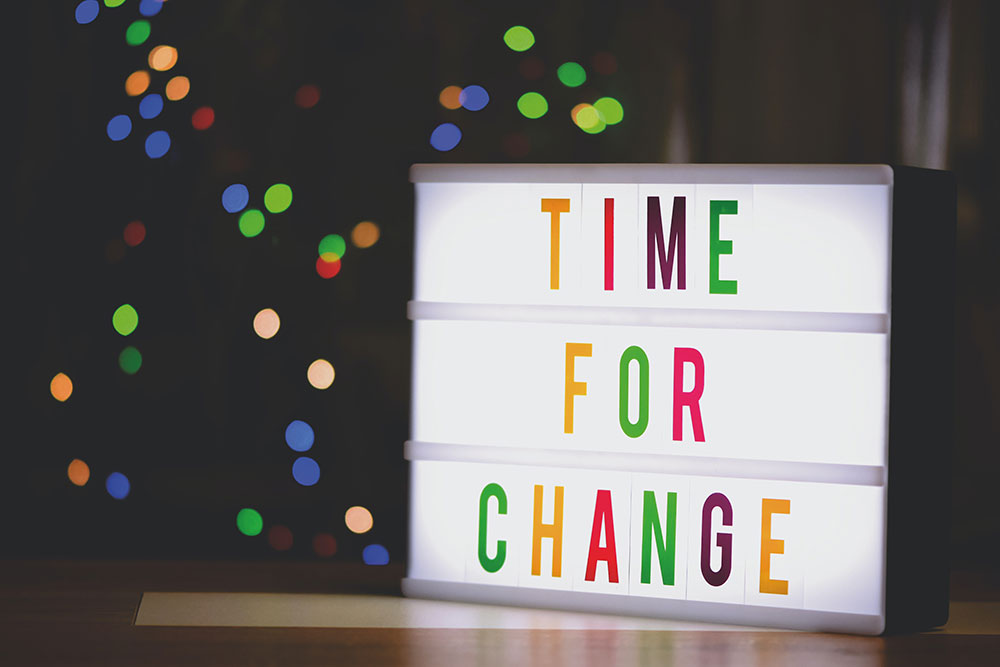 How often do you hear (or even find yourself saying):
How often do you hear (or even find yourself saying):
‘I don’t have enough time’
‘There aren’t enough hours in the day’
‘I’ve got too much to do’
In future posts, I’ll share useful tips and techniques on being more time-efficient. For now, let’s start with a few simple truths:
- We all have the same number of hours in the day
- We have an element of choice about how we spend at least some hours in our day and week (probably more than you are aware of if you really think about it)
- How we spend our time reflects our actual priorities
When you look closer at time, or lack of time, you often find that the way you spend time doesn’t reflect what your priorities are. Logging your time for a week is a useful way to test this theory:
- Spend a week logging all your time to see how you actually spend your week. (Whilst work time may be mostly fixed by others, you may find, for example, that a lot of this time is spent in unproductive meetings which could either be more time-accountable or which don’t require your presence.)
- Make a quick list of your key priorities.
- Now look at how these match up—or not!
Next time you hear yourself say “I don’t have time” or “Sorry, I can’t make it, I’m too busy” or “I’ll play later” etc, remind yourself that how you spend time is a choice and reflects your priorities.
As you go through the next week, remember the above in considering what’s really important to you and how well the way you spend your time reflect this.
At a recent talk I was at, I listened as a young professional talked about their experience of always being busy. Striving to do their best through their school days, university and first graduate job in London they found their hours full, their days long and their task list never-ending. Worn like a badge of honour, everyone else seemed to be busy too. The speaker talked of the well documented consequences of being too busy including stress, depression and burnout which as the years went on, they could relate to.
We heard that despite moving away from London to enjoy a slower pace of life, they continued to find themselves overstretched and overwhelmed. It seemed that being busy had become the only thing they knew. Until recently when they instead chose to listen to the gnawing feeling inside them that no matter how many weekly workouts they did, living life at this hectic pace was simply bad for their health. Now on a new path, they shared with us the pleasure of their slower pace of life, enjoying simple things like a leisurely stroll, a coffee with a friend or losing themself in a book.
How about you?
Tips and techniques
- Next time you find yourself about to reply “I don’t have time” or “I’m too busy” or “Maybe later”, remind yourself that this is another way of saying it’s not important enough to you at this moment in time.
- STC: Stop, Think, Choice Before you say yes to future demands on your time, remember the element of choice.
- Say yes to less! Be precious about what you say yes to. Remember that saying yes to one thing may mean saying no to another. Fifteen minutes of constant email checking and mail skimming over the day could have been a 15-minute home yoga/stretch session!
- Schedule, schedule, schedule. If you want it to happen, put it in the diary and set a reminder. We rarely forget to check news or mail or social media even though we don’t set a reminder whereas with a short workout or downtime to read a book, we very often just run out of time in the day.
Want help managing your time or finding clarity about your objectives? For a FREE no-obligation telephone consultation, email me today at nurtureHR.



